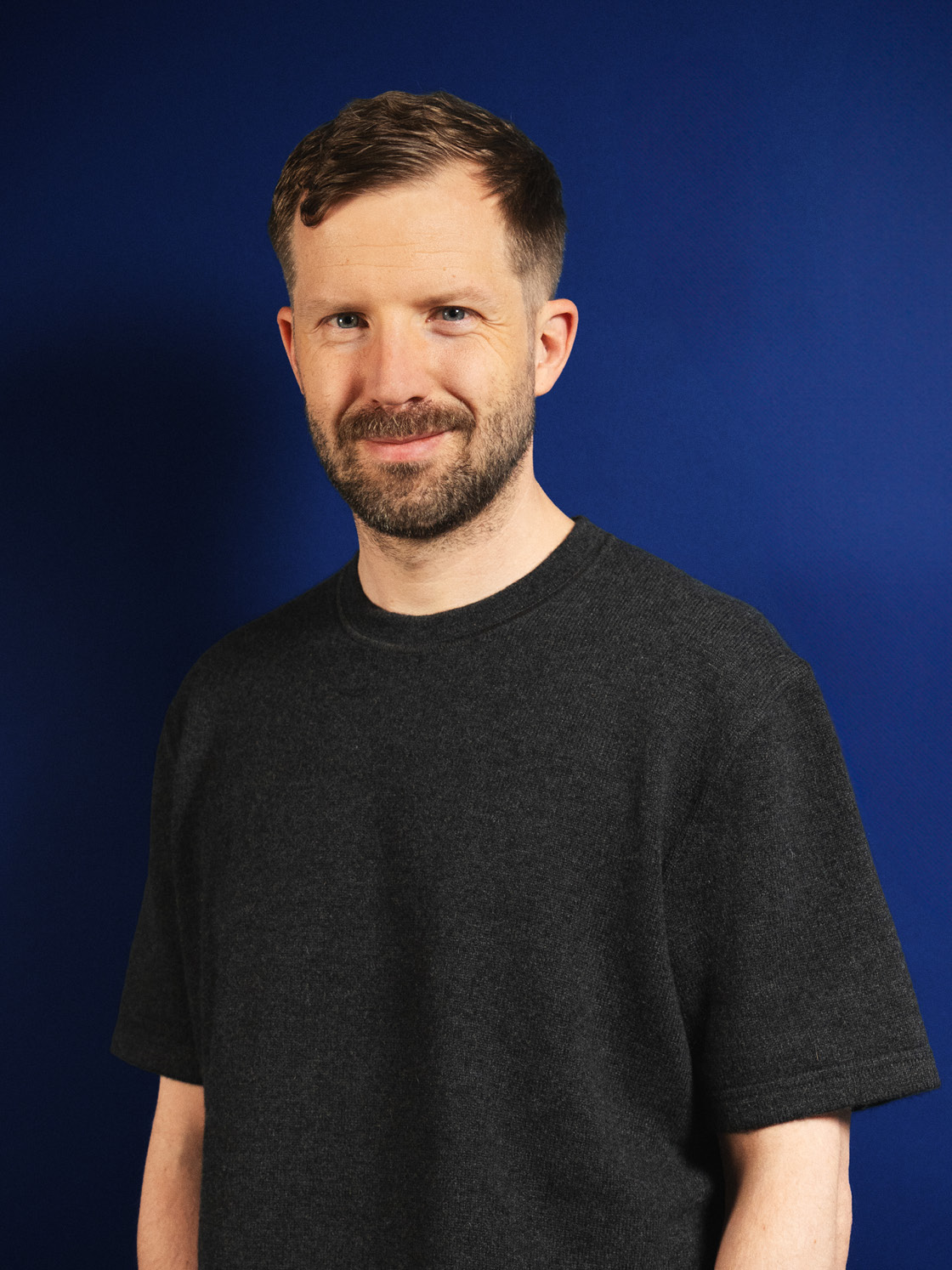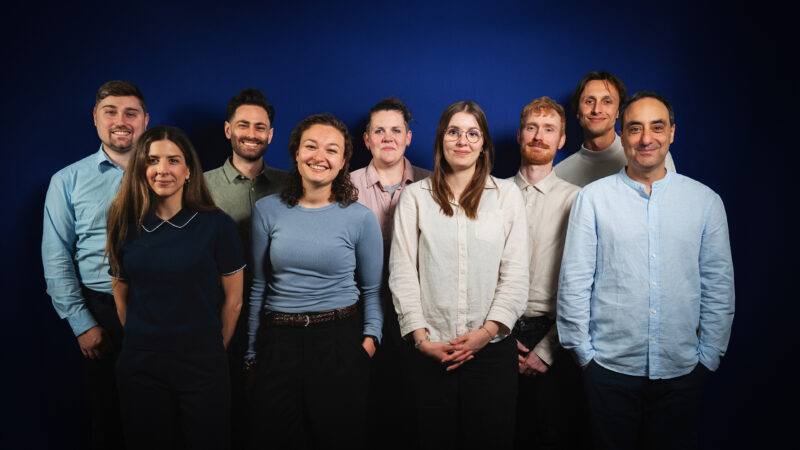Prof. Simon Jäger
Position
Senior Fellow
Prof. Simon Jäger is a Senior Fellow at the ZSP.
As Associate Professor of Economics and Public Affairs at Princeton University and Research Associate at the National Bureau of Economic Research (NBER), he focuses on labor markets and investigates the causes and consequences of inequality. He researches topics such as competition in the labor market, the role of labor market institutions, unions, and co-determination, as well as the role of psychological factors in the labor market. Jäger received his doctorate from Harvard University and was awarded the David Wells Prize for the best dissertation in economics. Prior to his professorship at Princeton, he taught at MIT and was awarded the Sloan Research Fellowship and the Gustav Stolper Prize.



